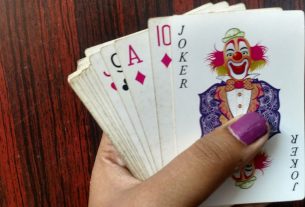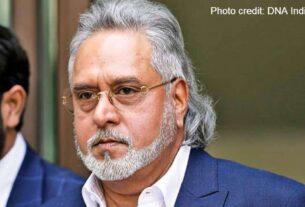Around 60 protestors were booked by the police while they were protesting the widening of the Sankey Tank Road. However, lawyers say that it is infringing on the rights of people to peacefully protest.
The police is ready to file charge sheets against those who protested on February 19 against BBMP’s plan to widen the Sankey Tank Bund Road to build a flyover from T Chowdaiah Road to 18th cross.
Chandan Kumar.N, Assistant Commissioner of Police (ACP), Sehshadipuram Division said, “I am here to maintain law and order, and they are blaming the police which is wrong. The investigation is on and I will file charge sheet against the protestors. I am ready to get challenged by them in the court,”
He said the police was not able to prove the imposition of Section 341 (attempt to wrongfully restraint), so he will drop that section while filing the charge sheet against. Further, he said, “I mentioned in the circular that the number of protestors booked was eight and 60 other people. However, everyone said that 70 people were booked which is not the case. Also, that day, I was prepared only to manage rallies by the Bajrang Dal and VHP along with making arrangements for CM. I was not prepared to handle the march.”
Yogesh Naikone of the protestors said, “We were silently marching on the footpath circulating the tank. We didn’t even come on the road to march. We were aware of the rules and we took the permission from the ACP of Sadashivnagar Police Station.” He added that since Shivaji Jayanti was on the same day of the protest, the Chief Minister (CM) was supposed to visit the Shivaji statue at Bhashyam Circle. Therefore, police imposed different sections of Indian Penal Code (IPC) just to disperse the crowd before the CM arrived.
Umapati, criminal lawyer, who practices in the High Court of Karnataka said, “As per the judgment of the High Court of Karnataka, the police is only entitled to evict the protestors on giving them a prior notice. But it can only be done in a situation where the protests turn violent. In this situation, those protestors were not even raising anti government slogans they were not doing anything criminal for which police registered FIR against those protestors. ” He added that the FIRs registered under some sections of IPC, which only deals with criminal offenses, is in complete violation of the Article 19 of the Indian constitution.
“The Article 19 of the Indian constitution is the fundamental right of every citizen to protest peacefully. Police should not book the protestors under IPC, especially when they didn’t commit any criminal offence,” he added.
On February 19, residents of Bengaluru protested against the plan of the Bruhat Bengaluru Mahanagra Palike(BBMP) to widen the Sankey Tank Bund Road and to build a flyover from T Chowdaiah Road to 18th cross. Activists opposed the plan to cut trees for the project. However, Police booked the protestors under section 143(unlawful assembly), section 341(wrongful restraint), section 283 (obstruction to any person in any public way) and section 149(unlawful assembly with common object) of the IPC.
However, the Supreme Court ruled in 2011 that every citizen has the right to protest peacefully. It is the fundamental right of every citizen. Additionally, it is the duty of a state to make the exercise of this right effective.
Mirza Faizan, criminal lawyer said that The right to peacefully protest is a fundamental right enshrined in the Indian Constitution under Article 19(1)(a). However, there are certain restrictions that can be imposed on this right in the interests of public order, morality, and the sovereignty and integrity of India.
“The police cannot arrest or file an FIR against individuals for silently marching, as long as it is a peaceful and nonviolent protest,” He added.
He further said that if the silent march turns violent or disrupts public order, the police may take necessary action to maintain law and order. In such cases, the police may use their discretion to disperse the crowd, detain individuals who are causing violence, and file an FIR against those who have committed an offence.



